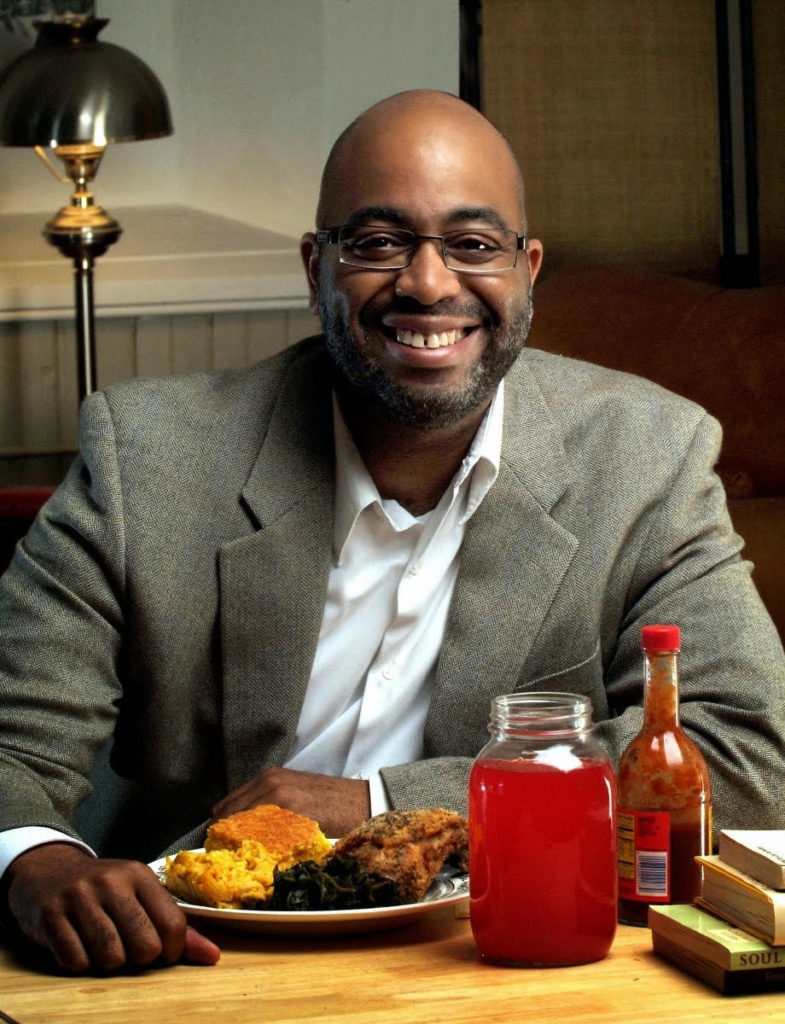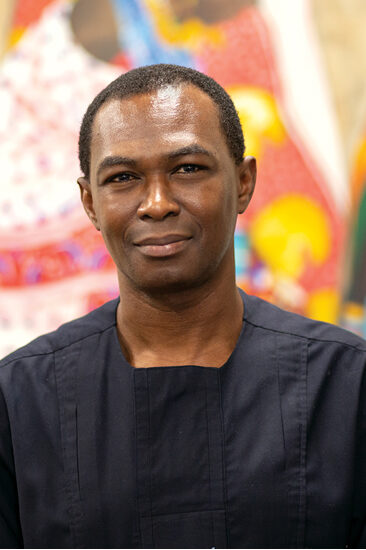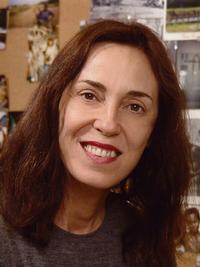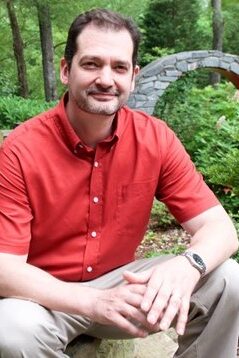Adrian Miller is a food writer, James Beard Award winner, attorney, and certified barbecue judge who lives in Denver, Colorado. Adrian is featured in the Netflix hit High on the Hog: How African American Cuisine Transformed America. Adrian received an A.B. in International Relations from Stanford University in 1991, and a J.D. from the Georgetown University Law Center in 1995.
From 1999 to 2001, Adrian served as a special assistant to President Bill Clinton with his Initiative for One America – the first free-standing office in the White House to address issues of racial, religious and ethnic reconciliation. Adrian went on to serve as a senior policy analyst for Colorado Governor Bill Ritter Jr. From 2004 to 2010, he served on the board for the Southern Foodways Alliance. In June 2019, Adrian lectured in the Masters of Gastronomy program at the Università di Scienze Gastronomiche (nicknamed the “Slow Food University”) in Pollenzo, Italy. He is currently the executive director of the Colorado Council of Churches and, as such, is the first African American, and the first layperson, to hold that position.
Miller’s first book, Soul Food: The Surprising Story of an American Cuisine, One Plate at a Time won the James Beard Foundation Award for Scholarship and Reference in 2014. His second book, The President’s Kitchen Cabinet: The Story of the African Americans Who Have Fed Our First Families, From the Washingtons to the Obamas was published on President’s Day 2017. It was a finalist for a 2018 NAACP Image Award for “Outstanding Literary Work – Non-Fiction,”
and the 2018 Colorado Book Award for History. Adrian’s third book, Black Smoke: African Americans and the United States of Barbecue, was published April 27, 2021.
Website: www.soulfoodscholar.com
Akin Ogundiran is Chancellor’s Professor and Professor of Africana Studies, Anthropology & History at the University of North Carolina, Charlotte. He has also served as Editor-in-Chief of the African Archaeological Review since 2019. Ogundiran’s research interests focus broadly on the long-term history of social complexity in West Africa. He is now leading a research project on the social ecology, political economy, and cultural history of the Oyo Empire, AD 1570-1840. Ogundiran is author/editor of several publications, including The Yoruba: A New History (Indiana University Press, 2020), Power and Landscape in Atlantic West Africa (Cambridge University Press, 2012), and Materialities of Ritual in the Black Atlantic (Indiana University Press, 2014), recognized as a 2015 Choice magazine’s Outstanding Academic Title.
His research has been supported by Carnegie Foundation, Wenner-Gren Foundation for Anthropological Research, National Endowment for the Humanities, National Geographic Society, American Institute of Archaeology, and American Philosophical Society. He is the recipient of a Certificate of Special United States Congressional Recognition for Excellence in Service (2007) and a Research Excellence Award from Nigeria’s Centre for Black Culture and International Understanding, an affiliate of UNESCO (2018).
Judith Carney is professor of Geography at UCLA and conducts research in sub-Saharan Africa and Latin America. Her research examines gender, food systems, and agroecological change in sub-Saharan Africa and African contributions to New World environmental history. Professor Carney has authored more than 100 research articles and two award-winning books: Black Rice: The African Origins of Rice Cultivation in the Americas (Harvard University Press, 2001), which received the Melville Herskovits Book Award. In the Shadow of Slavery: Africa’s Botanical Legacy in the Atlantic World (University of California Press, 2009), was awarded the Frederick Douglass Book Prize. She was elected to the American Academy of Arts and Sciences in 2017 and made a fellow of the Association of American Geographers (AAGs) in 2018.
Other professional recognition includes multiple awards from the AAGs including, the Distinguished Scholarship Honor, the Historical Geography Award, the Netting Award for bridging geography and anthropology, and the Sauer Distinguished Scholarship Award. Her research has been supported by the National Geographic Society, the John Simon Guggenheim Memorial Foundation, the American Council of Learned Societies, the Rockefeller Foundation, the Wenner-Gren Foundation, and the Rachel Carson Center for Environment and Society.
Bernard Singleton was born in Charleston, South Carolina and spent summers working with his grandparents on their farm. Not only did they farm and grow peanuts, okra, watermelon and more, they also wildcrafted fruits, berries and herbs for medicines. While he has been through many seasons, this has always stuck with him and remained at the core of what he has done. Since landing in Charlotte, he has done a variety of programs in the community around food security, social agripernuership, and healthy eating. Now his focus is on really connecting his and shared African American history and culture around food and medicine with the African Botanical garden.
Jeff Gillman is the Director of the UNC Charlotte Botanical Gardens and a former Associate Professor at the University of Minnesota. He is also the author of five books and a Contributing Editor to Fine Gardening Magazine. With a Ph.D. in Horticulture and a Master’s degree in entomology, Jeff has spent the better part of his career investigating the many different techniques that people use to grow plants and protect them from pests.




